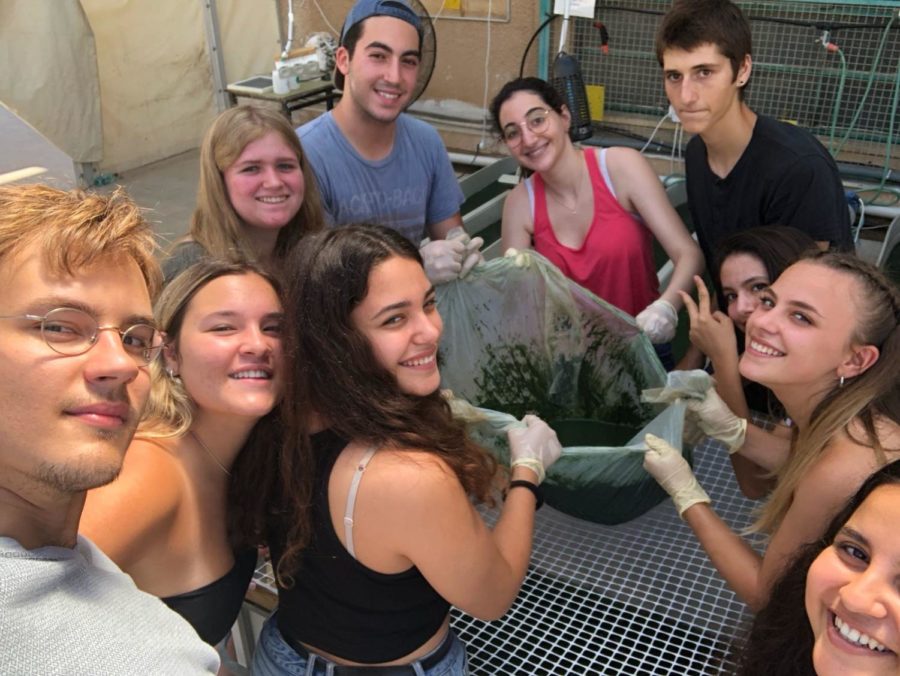Science Academy Students Harvest Spirulina to Feed the World
January 21, 2019
While humans across the globe are solving problems and creating innovations once deemed impossible, many people still do not have food to eat.
The Spirulina Initiative, a newly funded program of de Toledo’s Science Academy, works to stop malnutrition among youth in Africa.
But what is Spirulina, and what are its benefits?
Declared “the best food for the future” by the United Nations World Food Conference in 1974, Spirulina, or Arthrospira, is a blue-green cyanobacterium that only lives in a few places on earth. Gaining popularity after NASA deemed the superfood beneficial for humans, dried Spirulina powder is now widely available as a dietary supplement.
According to a United Nations Economic and Social Council report, “Spirulina offers remarkable health benefits to an undernourished person.”
“One tablespoon a day can eliminate iron anemia, the most common mineral deficiency,” the report says, describing Spirulina as “the most digestible protein food, especially important for malnourished people whose intestines can no longer absorb nutrients effectively.”
“These breakthroughs have compelled our team at de Toledo to work harder as we strive to stop the malnutrition epidemic,” says The Prowler’s Opinion Editor Ariel Esmailzadeh, who is a founding member of the Initiative .
“As of now, our aim is to perfect the growth process using sustainable, low tech methods, in addition to putting the bacteria in harsh environments, to solidify a successful harvest in rural areas.”
The 2003 United Nations report indicated “Spirulina is being produced in more than 22 countries and used in over 77 countries.”
Spirulina may also hold the secret to curing disease. According to the National Library of Medicine, Spirulina is a food rich in iron and nutrients, which “has the ability to modulate immune functions and exhibits anti-inflammatory properties by inhibiting the release of histamine by mast cells.”
“Multiple studies investigating the efficacy and the potential clinical applications of Spirulina in treating diseases suggest that this alga may improve several symptoms and may even have anticancer, antiviral, and anti-allergic effects,” a 2010 article published by the National Institute of Health suggests.













































